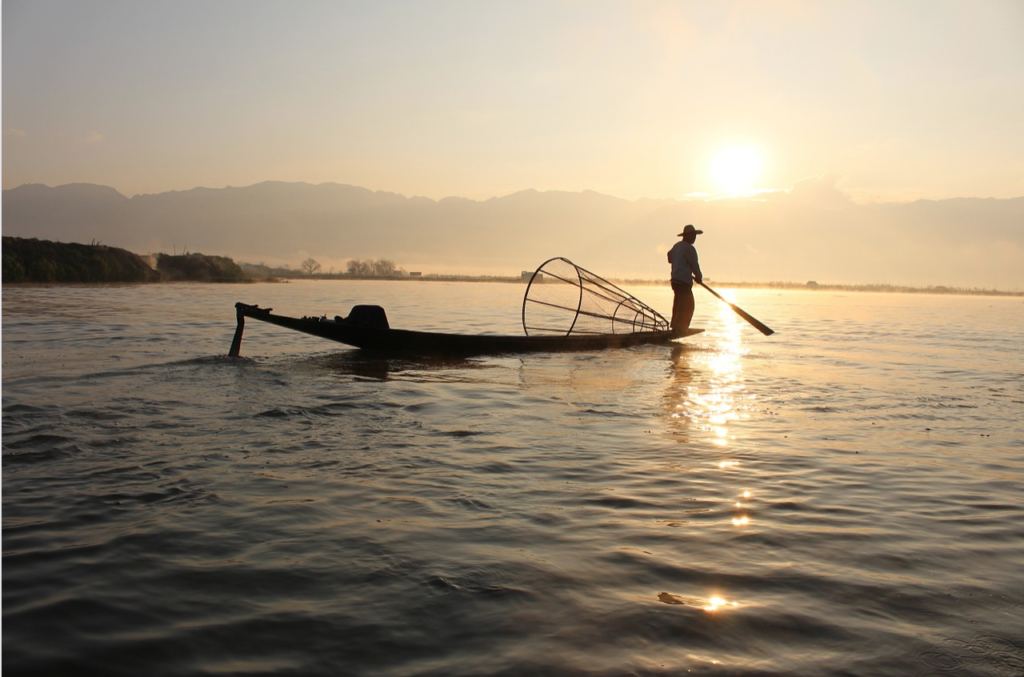
What I have learned about dignity, solidarity, and cultures here at the World Youth Alliance helps demonstrate to me that the Rohingya crisis in Myanmar appears to be one of the most extreme cases that contradicts the characteristics of respecting human dignity. Myanmar is a country in Southeast Asia surrounded by Bangladesh, India, Thailand, and China. It was referred to as Burma until 1989, when the country’s official name was changed from the Union of Burma to the Union of Myanmar.
Out of the total population, there are over one-hundred ethnic groups. Much of the population practices Buddhism but also contains other religions and ethnicity like the Rohingya. The Rohingya people are in a constant battle fighting for their dignity in their own country, which does not formally recognize them as a population. The Rhakhine state is also occupied by many Buddhists who have initiated conflict out of fear of becoming a minority in the ancestral state. Myanmar resists acknowledging the Rohingya as citizens despite their minor presence in the population.
The government of Myanmar and the Rakhine state have been accused of ethnic cleansing and genocide. The United Nations and countries like the United States state that the Rohingya people’s need to flee their homeland due to the violence is an act against human rights. Many Rohingya have sought refuge in the neighboring country of Bangladesh; many are sent back or remain in the country illegally living in poverty-stricken conditions. The crisis has still not been resolved. While the majority have fled to Bangladesh, the Rohingya have also been forced to disperse throughout Saudi Arabia, Pakistan, India, Thailand, and Malaysia. Since the 1970s, over one-million Rohingya have fled Myanmar in response to the widespread prosecution and the heightened violence. The conflict intensified in August when a Rakhine rebel group attacked a military post. The government responded with violence by attacking all Rakhine Muslims and their villages.
In the past, international pressures have persuaded Myanmar to sign an agreement with Bangladesh, allowing for the return of the refugees; however, many refused to return without guarantees from the United Nations. The lack of complete cooperation from Myanmar’s government has prevented further resolution. Distrust between the Rohingya and the government and remaining groups in Myanmar stands a key factor in the country’s inability to reach peace. Leaders around the world like Erdogan and other Muslim-majority countries have issued strong opposition to the persecutions. Aung San Suu Kyi, often seen has a heroic leader of Myanmar, has denied accusations and claims there has been a misinformation about the crisis. Suu Kyi’s official title in Myanmar is state counselor. She continues to be criticized for her statements concerning the crisis and treatment of Rohingya people as well as her lack of action to prevent further violence. Suu Kyi’s decision to not attend the UN General Assembly and resistance to condemn the crisis escalated criticisms.
Even though many countries have opened their borders and provided emergency shelters to help the Rohingya escape prosecution, there are a handful of surrounding areas that refuse to keep them. China, for example, supports Myanmar’s actions labeling it as a way of promoting national development and government stability. The United Kingdom on the other hand has suspended previous training given to the Myanmar military in response to their violent acts towards the Rohingya people. In addition, the UN and US have demanded that Myanmar respect human dignity and bring an end to the violence yet no sanctions or specific actions have been implemented. Condemnation throughout the international community continues despite lack of action.
The future of the Rohingya people remains unclear, which is one of the most shocking aspects of the crisis. Events like these remind me why organizations like WYA exist. It is important to remember that, even though we may not be experiencing such measures firsthand, being aware of what is going on around the world is a first step in making a difference.
Written by Haritsa Halepas, a current intern at the WYA North America office.







